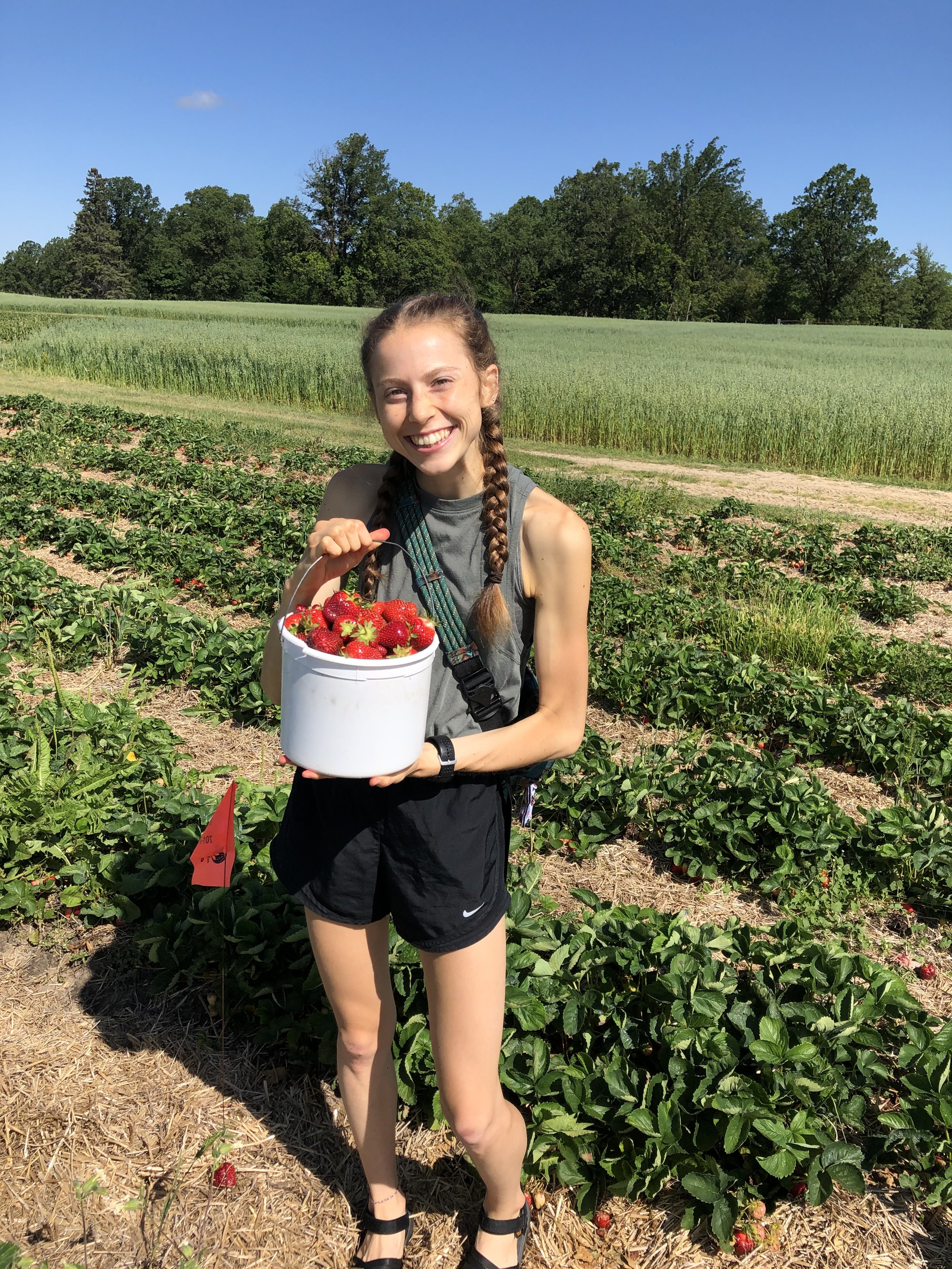The Dos and Don’ts About Supporting a Loved One in Eating Disorder Recovery
Maintaining stable relationships with loved ones in recovery can be challenging. People with eating disorders often isolate themselves and act differently than they do when they are not struggling. That does not mean all hope is lost or that you, as part of their support system, should give up or stop doing what is best for them.
By: Tori Barkosky
Unfortunately, our society normalizes behaviors and conversations about food, bodies, and movement. Although not intentional, these pose significant harm to people suffering from eating disorders. Recovery is possible but requires a support system willing to travel down the road of healing together.
Keep reading for ways to shift conversations away from triggering topics to help your loved one focus on recovery.
DO: Compliment their characteristics and attributes.
DO NOT: Compliment their physical appearance.
This conversation starter is not as innocent as it appears. A compliment saying your loved one looks like they are doing well may send their mind spiraling if they suffer from an eating disorder. Some examples of compliments that do no not involve physical appearance include:
“You are such a delight to be around!”
“You have such a great sense of humor!”
“You are so mindful; it amazes me how in tune you are with the people around you.”
DO: Keep food talk to a minimum and keep it neutral.
DO NOT: Talk about food being “good” or “bad” or needing to be “earned” or “burned off.”
Judgments and moralizing comments about food are everywhere, including ads, commercials, magazines, billboards, and social media. This kind of language is detrimental to someone with an eating disorder. Avoid these kinds of comments around them; it makes a huge difference.
DO: Be yourself.
DO NOT: Feel like you have to “walk on eggshells” around someone with an eating disorder.
Having an eating disorder does not make someone less human. Treating people with eating disorders normally can be humanizing for them instead of reducing them to their mental illnesses. There are so many conversations that do not involve food, bodies, and movement. Some examples include:
Recent hobbies
Past or future trips
Job and career exploration
The highlight of their week
DO: Avoid talking about bodies and movement.
DO NOT: Discuss diets or movement regimes or make judgmental comments about anyone’s body.
These comments may seem innocent, but they are severely harmful and contribute to the systemic problem concerning our unhealthy obsession with food, bodies, and movement. So many worthwhile conversations enhance your relationship instead of dampening it.
Overall, it is essential to note that these dos and don’ts are not an exhaustive list. Stay mindful in conversations that you have with loved ones with eating disorders. You never know who you might be helping when you shift conversations away from triggering topics!
If you support someone in eating disorder recovery, BALANCE offers bi-monthly free virtual support groups for those struggling with an eating disorder or disordered eating behaviors and their loved ones. These groups provide a supportive forum where members can explore issues, including ambivalence about engaging in treatment, recovery, resources, and treatment options. Know when and how to take the next steps toward making change. RSVP for our next group here.
Our admissions team would be happy to answer any questions you may have about our programs and services. Book a free consultation call with our admissions team below, or read more about our philosophy here.
This post was written by BALANCE Blog Contributor, Tori Barkosky (she/her).
Tori is currently a senior at St. Catherine University, pursuing a B.A. in Psychology and a minor in Nutrition Science. Tori is passionate about all things related to intuitive eating, HAES, mental health, body respect, eating disorders, and disordered eating. She desires to become a holistic therapist or psychologist in the future and work with clients with eating disorders and help them recover and heal their broken relationship with food and body and find liberation from diet culture. Outside of classes and work, Tori enjoys yoga, being in nature, and consuming too much coffee.



